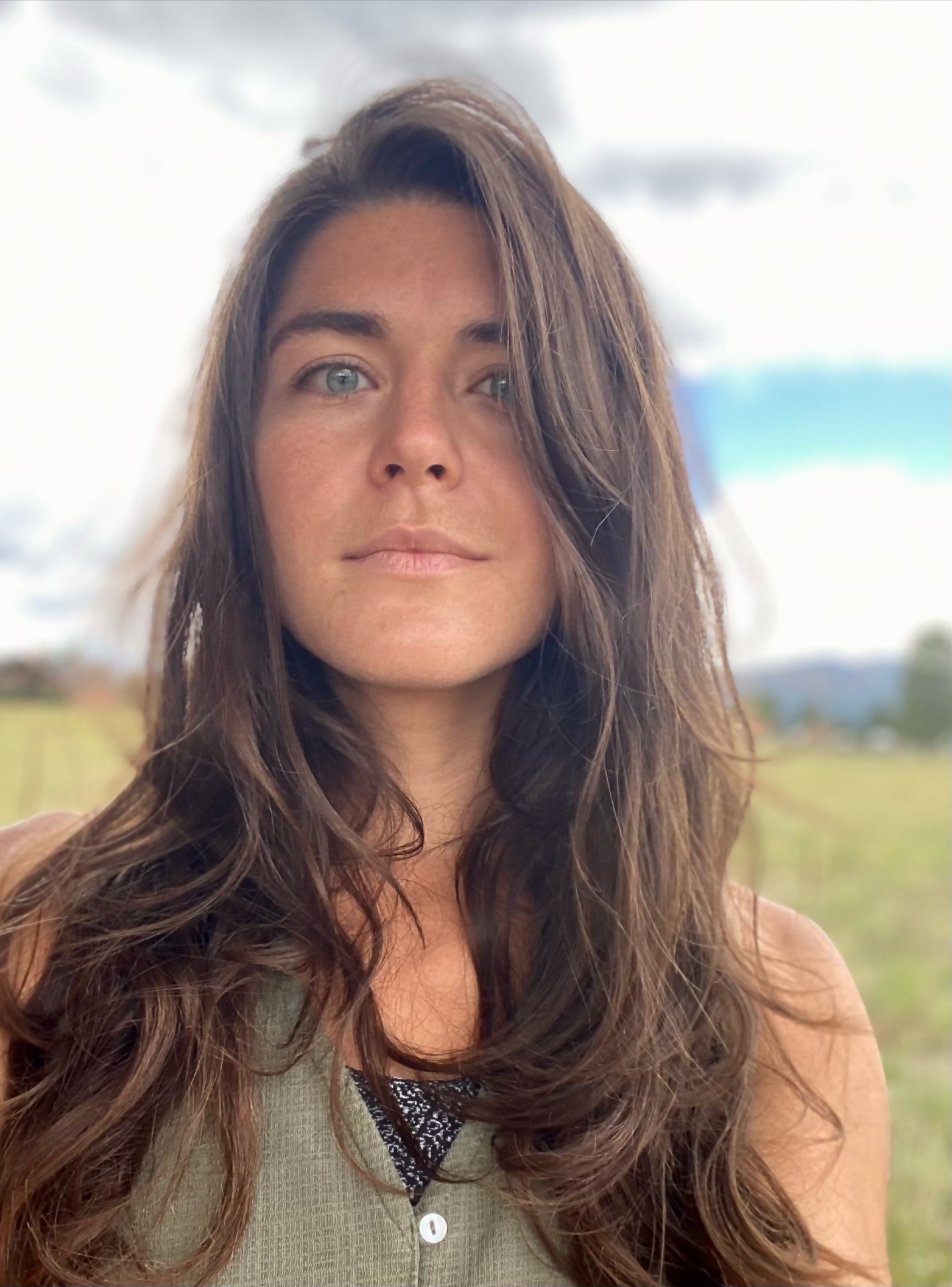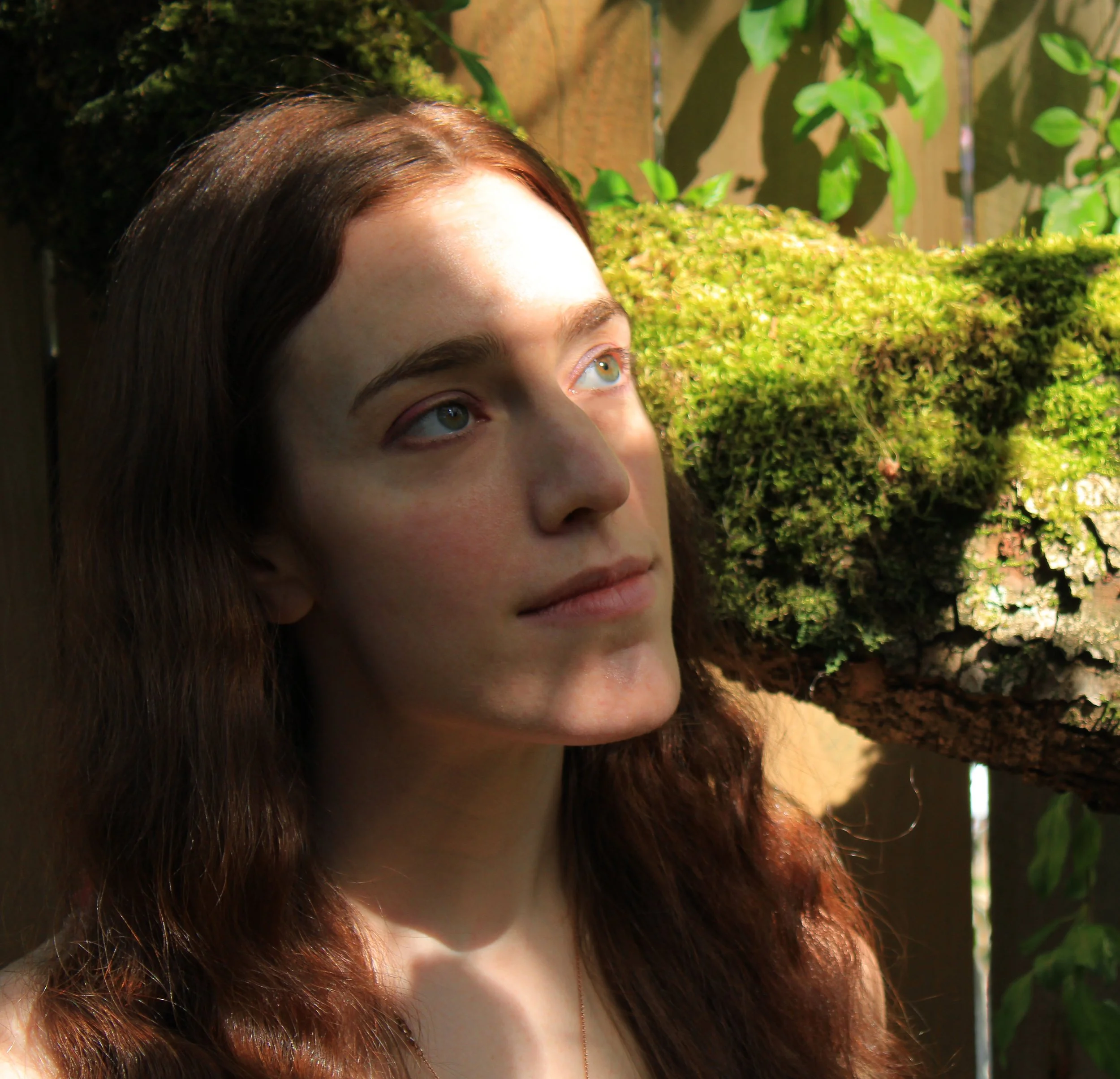Dear Readers, Writers, Friends, and Family:
As the Editor-in-Chief of CHEAP POP, I wanted to take a moment to address our current status and the challenges we’re facing as we navigate the ever-changing landscape of the literary world.
First and foremost, I want to express my sincere gratitude for your continued support and enthusiasm for what we do here. We’re a small operation and y’all have always been the backbone of our success. To be an editor, to be a lit magazine, means you are only as good as the pieces you are able to publish. And we have been so, so lucky to be able to run your beautiful work.
CHEAP POP has been on hiatus for a bit now. This started as the CP staff got busy, and we didn’t want the journal or your submitted pieces to get anything other than 100% of our attention. Since then, we’ve also had to take into account the evolving nature of Twitter, which we have heavily utilized in the past to engage with our readership. While Twitter has undoubtedly provided us with valuable opportunities to connect and share the work we publish, we have reached a point where we no longer feel comfortable utilizing it due to the proliferation of hate speech and general toxicity that has taken over in recent months.
We strongly believe in fostering a safe and inclusive environment for both readers and writers and we will not compromise on these values. We’re actively exploring alternative avenues to engage with our audience that align with our principles, but, to be honest, I’m not sure what that looks like just yet. Like many of us journals, CHEAP POP makes no money whatsoever, focused solely on providing a space for writers to showcase their work. However, what does this look like if we no longer use Twitter? Do we navigate to another social media platform, like Instagram? Do we not advertise in the way we used to, and just hope people find us?
Again, I’m not sure yet what the future holds for CHEAP POP, but I’ll say this: I am committed to finding a solution that allows us to continue our mission of promoting outstanding literary work while respecting the values that underpin our journal. We may still be on hiatus, but we will be back—I love what we do here too much to not return.
In the meantime, we encourage you to check out our story archives and to continue to check our website for updates. I can’t thank y’all enough for your support over the years and your understanding as we try to sort through where CHEAP POP goes from here. ♡
With so much love and warmest regards,
Robert James Russell
Editor-in-Chief, CHEAP POP






